Way
of Life Nepal's society is predominantly rural. Social life
in the village revolves around the family, which is headed by the
father. Extended families sometimes break apart as sons separate from
parents and brothers from each other in search of additional land.
Family property is divided equally among sons at the time of separation.
Consequently, family land holdings are extremely fragmented. Villagers
often pool resources and labor to implement village-level projects
such as irrigation ditches or channels. Rice is the food staple in
most parts of the country. Barley, millet, and potatoes are important
food staples in the Himalayas.
In Nepal women are generally subordinate to men and have less access
to education, economic resources, and political power. Their plight,
however, varies from one ethnic group to another. Among Tibeto-Nepalese
communities female status is relatively better than in Indo-Nepalese
communities. Generally, women work harder and longer than men, taking
care of household chores, fetching water and animal fodder, and farming.
Women in upper-class families, however, have maids who do household
work and other menial chores.
A revival of artistic and intellectual expression occurred in Nepal
after the overthrow of Rana rule in the early 1950s. Nepali works
of poetry and literature emphasize patriotism and national pride.
Hindu and Buddhist religious values inspire the expression of Nepali
artists. The lives of gods, saints, and heroes and the relationship
of the individual to society and the universe are explored in sculpture,
architecture, and drama. Numerous temples and shrines in the Kathmandu
Valley display the skill and highly developed aesthetic sense of Nepali
artists. Favorite recreational activities of the Nepali include music
and dance. Religious ceremonies involve the use of drums and musical
instruments preserved since ancient times. In rural areas devotional
songs are an important part of cultural life. Radio Nepal schedules
folk music programs to foster the traditional culture of the country.
|
|
|
28 October
I just heart about Raju, today.
His friend told me that he is having a hard time in London,
but will stay until finished his studies.
I like the idea of spending some time with my grandma up in
the north. I would need to save some extra money. It will
be much easier to get an extra job here in Kathmandu than
work at all over there taking in account that it will be winter
and in such the place is so quiet. I could take as a holiday.
It would be nice to have a lot of time to spend with grandma.
|
|
|
| |
| |
 |
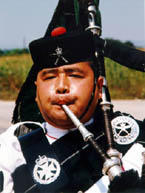 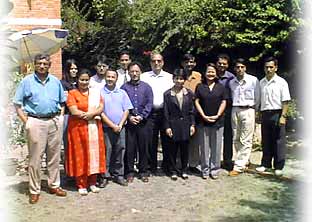  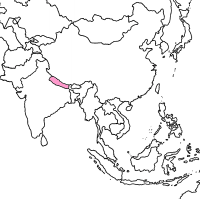 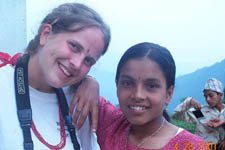 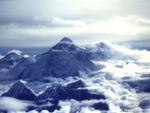 |






